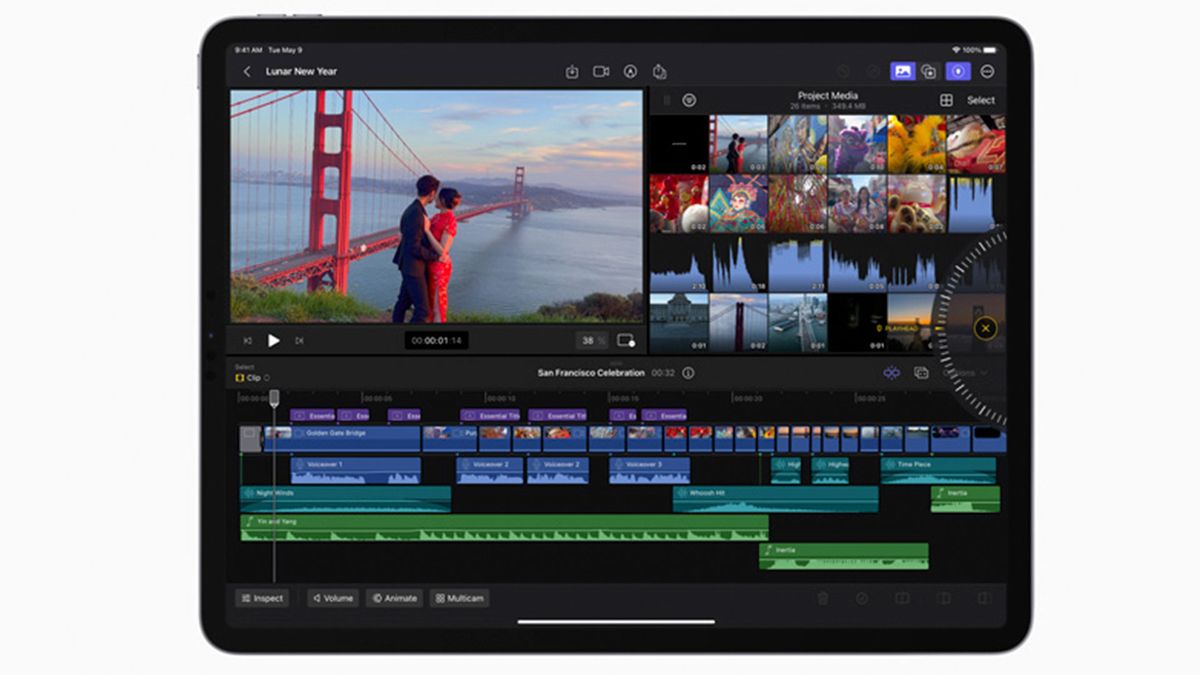Microsoft CTO tells devs to ‘do legendary sh*t’ with AI at 2023 Build conference
Join top executives in San Francisco on July 11-12, to hear how leaders are integrating and optimizing AI investments for success. Learn More
At today’s 2023 Build conference, Microsoft announced a large set of updates and new initiatives to help developers build AI.
The exhaustive list of updates is underpinned by a Microsoft effort to enable any organization to build its own copilots for AI. Microsoft first started building out its AI copilot efforts with GitHub Copilot in 2021 — and now wants to dramatically expand the copilot landscape.
As part of the push, Microsoft announced new plugin capabilities for its copilot services that enable more AI extensibility to connect with different services. The new Azure AI studio service will help developers to build and deploy copilots and will also make use of the new Azure AI catalog model that will include both closed and open-source models.
Not the platforms; what devs do with them
Copilot capabilities will also be enhanced with Azure machine learning (ML) prompt flow technology to help build complex chains for prompts for AI workflows. Furthermore, Microsoft is taking aim at responsible AI with the introduction of the Azure AI content safety service
Event
Transform 2023
Join us in San Francisco on July 11-12, where top executives will share how they have integrated and optimized AI investments for success and avoided common pitfalls.
During a keynote session at Build, Microsoft CTO Kevin Scott could hardly contain his excitement about what the new AI capabilities will help developers to do. Scott said that what makes platforms great isn’t the foundational infrastructure, it’s the things that developers and individuals do with platforms.
“We have capabilities in our hands with these new tools in the early days of this new platform to absolutely do amazing things,” said Scott. “Literally, the challenge for you all is to go do some legendary sh*t so that someone will be in awe of you one day.”
Everyone needs a copilot, and now anyone can build one
During his keynote, Scott delivered a master class in what a copilot is and how to build one.
“A copilot, simply said, is an application that uses modern AI that has a conversational interface that assists you with cognitive tasks,” said Scott.
A copilot is not a single API call or piece of technology — rather, it is a stack of technologies that work together to enable the full experience. Scott explained that a key part of the copilot stack on the frontend is plugin extensibility. Plugins are part of OpenAI’s ChatGPT and now they are going to be a core part of Microsoft’s copilot stack as well.
“Plugins are going to be one of those powerful mechanisms that you use to augment a copilot or an AI application so that it can do more than what the base platform allows you to do,” said Scott. “The way that we think about these plugins is they’re almost like actuators of the digital world, so anything that you can imagine doing digitally, you can connect a copilot to those things via plugins.”




Go with the (prompt) flow
As part of his keynote, Scott Guthrie, EVP of cloud and AI group at Microsoft detailed the new Azure AI studio offering, which enables organizations to base AI models with their own data.
“This enables you to build your own copilot experiences that are specific to your apps and organizations,” said Guthrie.
Building on data, a key part of the Microsoft copilot stack is the new Azure machine learning prompt flow technology. Guthrie explained that an important part of AI orchestration is the process of prompt engineering. This involves constructing the prompt and the meta prompt that drives the AI model to produce a stronger, more specific response for the user.
“Prompt flow provides end to end in AI development tooling that supports prompt construction, orchestration, testing evaluation and deployment, and it makes it incredibly easy to leverage open-source tools and frameworks like semantic kernel and LangChain (in Python) to build your AI solution as well,” said Guthrie.
As developers and organizations look to build AI copilots, there is also a need for security and safety. Guthrie emphasized that AI safety is not an optional feature, it is a requirement.
“You need to design with safety in mind from the very beginning,” said Guthrie. “Now the Azure AI content safety service provides the same technologies that we use to build our own Microsoft copilot experiences, so you can also benefit from all the learnings that we’ve had in terms of making sure that our products are secure and safe.”
VentureBeat’s mission is to be a digital town square for technical decision-makers to gain knowledge about transformative enterprise technology and transact. Discover our Briefings.

/cdn.vox-cdn.com/uploads/chorus_asset/file/24676813/6052C012_eos_r100_rf_s18_45mm_f4_5_6_3_is_stm_lens_kit_3.png)
